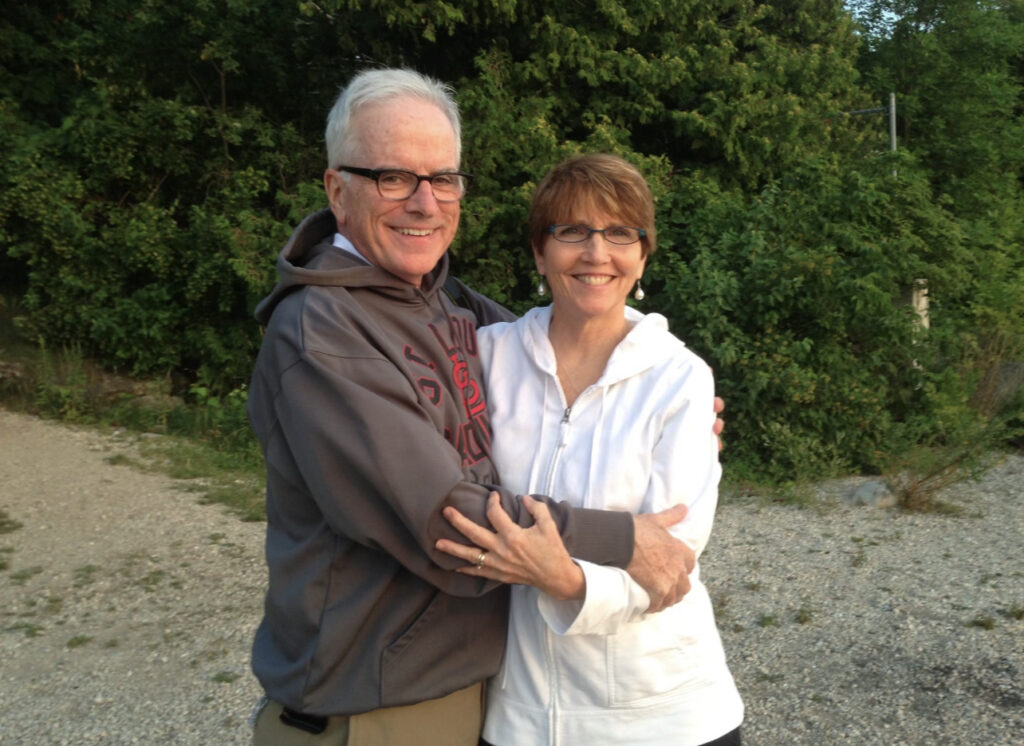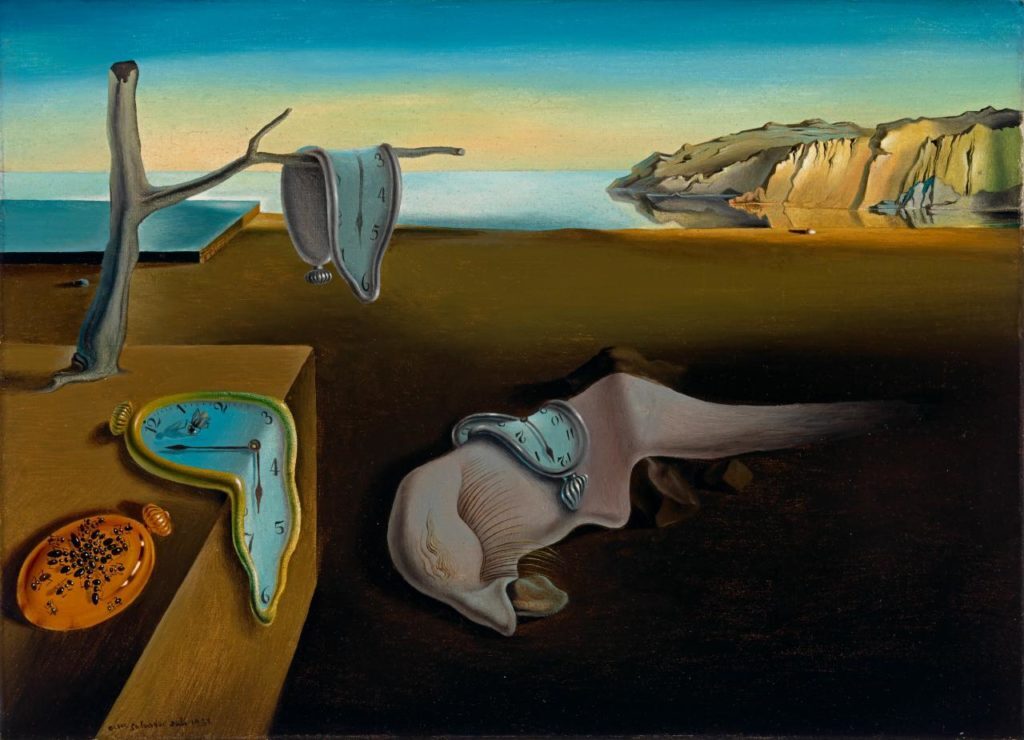The months of September and October will be busy for me as I’ll be providing resilience retreats for health care professionals. I have asked some authors and professionals with deep experience in resilience to provide guest articles to Sunday Morning Café while I am traveling and speaking. In introducing you to my friend, Don Eggleston (M.Div., M.Ed.) I feel a little like Lorne Michael who scored the comedian, George Carlin, for his very first episode of Saturday Night Live (SNL).

Don Eggleston has been a decades-long mentor, and friend to me. For many years he served as the Executive Vice President for Mission Integration for the over 35,000 employees of SSM Health (that system has grown even larger since then). Currently he assists various organizations and leaders around the country in locating personal and professional meaning and purpose. In his writings, in his talks, in his retreats, and in his coaching, Don’s warm humanity, and decades of hard-won wisdom shine through. I am excited that he took up my invitation and has written a series of three reflections. For a change, I will be kicking back on Sunday mornings with a cup of coffee, and allowing Don to direct my reflection. Thanks Don for pitching in. And thanks for reading. Hey SMC readers, you are in for a treat!

Think of all of the ways we have learned to mark the passage of time:
-The quick glance at a watch or iPhone;
-A workplace deadline;
-The changing light at the beginning and end of a day;
-Milestones such as an anniversary, the birth of a child, a graduation;
-The awareness that we are running late for an engagement;
-The calendar flips over.
In the Greek language, the language in which the New Testament is primarily composed, there were two different meanings of the word, “time.” Time as measured in the examples above would be considered Chronos, time measured in increments. “Chronos” is the root form of the English word “chronological.”
The Greeks had a second word for “time”: Kairos. This measure of time went beyond a calendar or timepiece. “Kairos” was the “opportune” time, the time to capitalize on our most noble instincts and our altruistic motives. “Kairos” is the time of transformation.
In the “chronos” of sharing a pizza with my then-girlfriend Mary Ann after a St. Louis Blues hockey game, I entered a “Kairos” moment when I blurted out a very awkward marriage proposal. Mary Ann overlooked the abrupt question and agreed to marry me. (In retrospect, perhaps I got caught up in the chronos context of the Blues scoring three goals in the final four minutes and thirty-five seconds to pull out the victory;
Nonetheless, a true kairos moment and lifetime followed. (Go Blues!)
In 1534, St. Ignatius of Loyola founded a religious order known as the Society of Jesus, or the Jesuits. To this day, the Jesuits serve world-wide as educators, missionaries and charitable ministers.
Ignatius was born into a wealthy and noble family. At the age of seven, he experienced the death of his mother. As a young man, he reached the rank of ‘page’ in service to a nobleman relative. He progressed to the role of ‘knight’ in service to another relative, who placed him in military situations and on diplomatic missions.
While defending the citadel in Pamplona against the French in 1521, Ignatius was struck by a cannonball, sustaining a leg fracture so severe that at one point consideration was given to amputating his leg. During a long recuperation, the only books available to Ignatius were books on the life of Jesus and the lives of the saints. The reading that he undertook in this chronological period of recuperation thus became a period of introspection, learning to pray and deep conversion: Kairos.
What were your “cannonball” moments? Going to an AA meeting? The death of a loved one? Finding a person who served as a mentor to you?
The dissolution of a key relationship? How did these cannonball periods become opportune times?
In preparing this column, I asked five people this question: “What was one of the best things that came from one of the worst times in your life?” Here are their responses:
-“The shame that I felt about my addiction to alcohol has been transformed into a true humility that drives my efforts as a sponsor to another person.”
-“My dad was in and out of the picture in my family for a lot of reasons. Just sitting quietly at his bedside in hospice brought about the lifting of a lot of my resentment. When it came down to it, no words needed to be exchanged.”
-“A job that I liked was eliminated. It turns out that I mostly did it for security and predictability. I now work in a state conservation job where I’m not bound to a desk and where I breathe in creation every day.”
-“I left a husband who subtly and overtly abused me almost daily. With the help of a cool therapist I left him and went back to school and am now a lab technician.”
-“I was in the city jail system off and on for six years; pretty much wasted that time. One day, while visiting my brother, I overheard my nine-year-old niece describe me to her friend as her ‘jail uncle.’ I went out to their back porch and wept. Something came over me and I got it together. I dropped the idiots I ran with and went to AA. I now supervise cleaning crews at four sites. God touched me.”
I’m reminded of the words of Fr. Richard Rohr, a Franciscan priest and author who says repeatedly:
“What you don’t transform, your transmit.”
In the midst of the “chronos” framework of our lives-kids’ schedules, work deadlines, chores and pizza after hockey games- be sure to watch for the benefits of the cannonballs that get fired your way.
Don’t avoid them. Learn from them. Set your watches to kairos time.
